
Grim Reapers Grim Reapers
Drones have taken on a life of their own in popular culture.
Nov 11, 2014 / Books & the Arts / Jenna Krajeski

A Minor Complaint A Minor Complaint
Akhil Sharma’s Family Life is not a model minority story.
Nov 5, 2014 / Books & the Arts / Toral Gajarawala
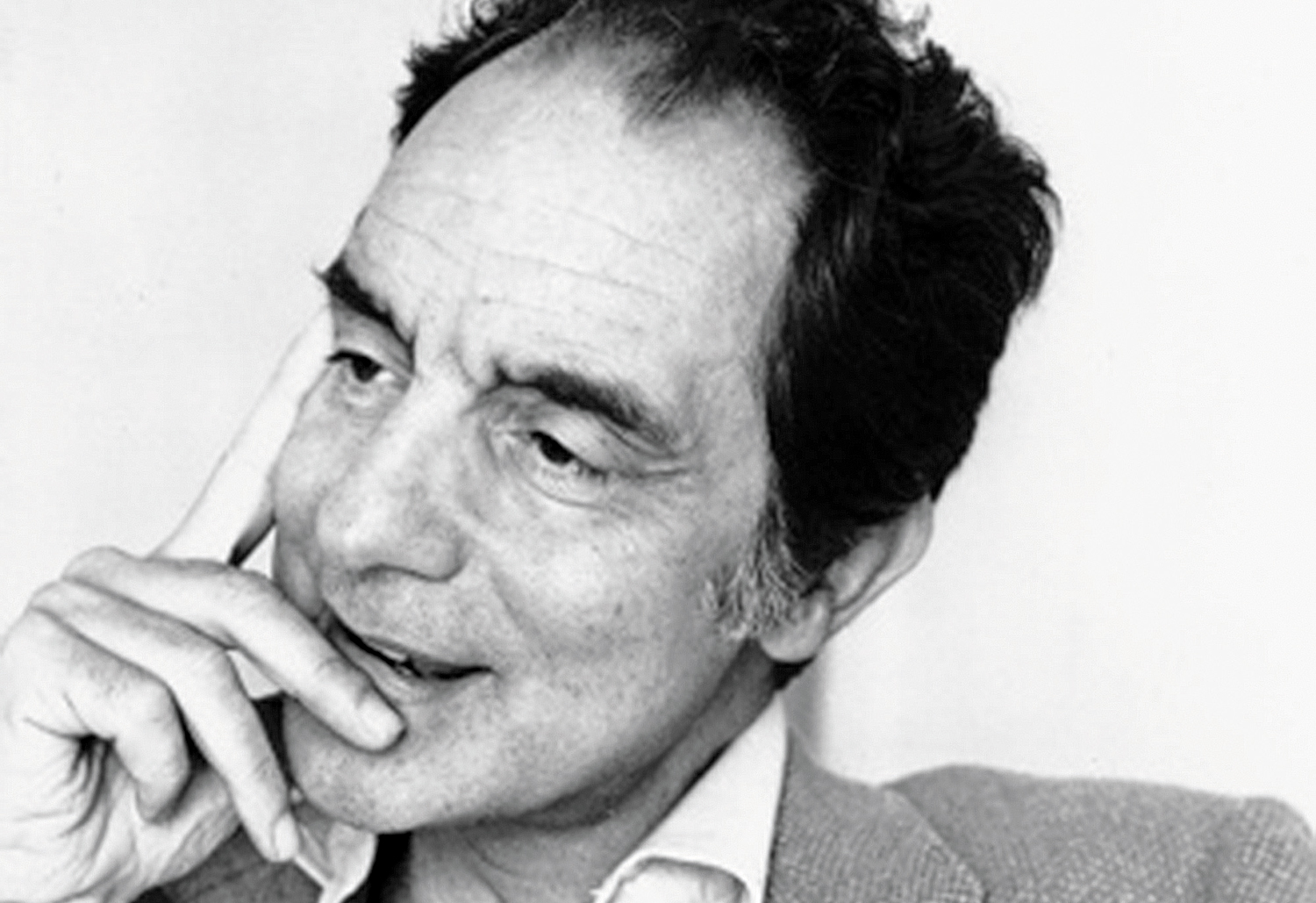
Calculators and Butterflies Calculators and Butterflies
Italo Calvino’s Complete Cosmicomics thrives on the tension between ideas and art.
Nov 5, 2014 / Books & the Arts / Aaron Thier
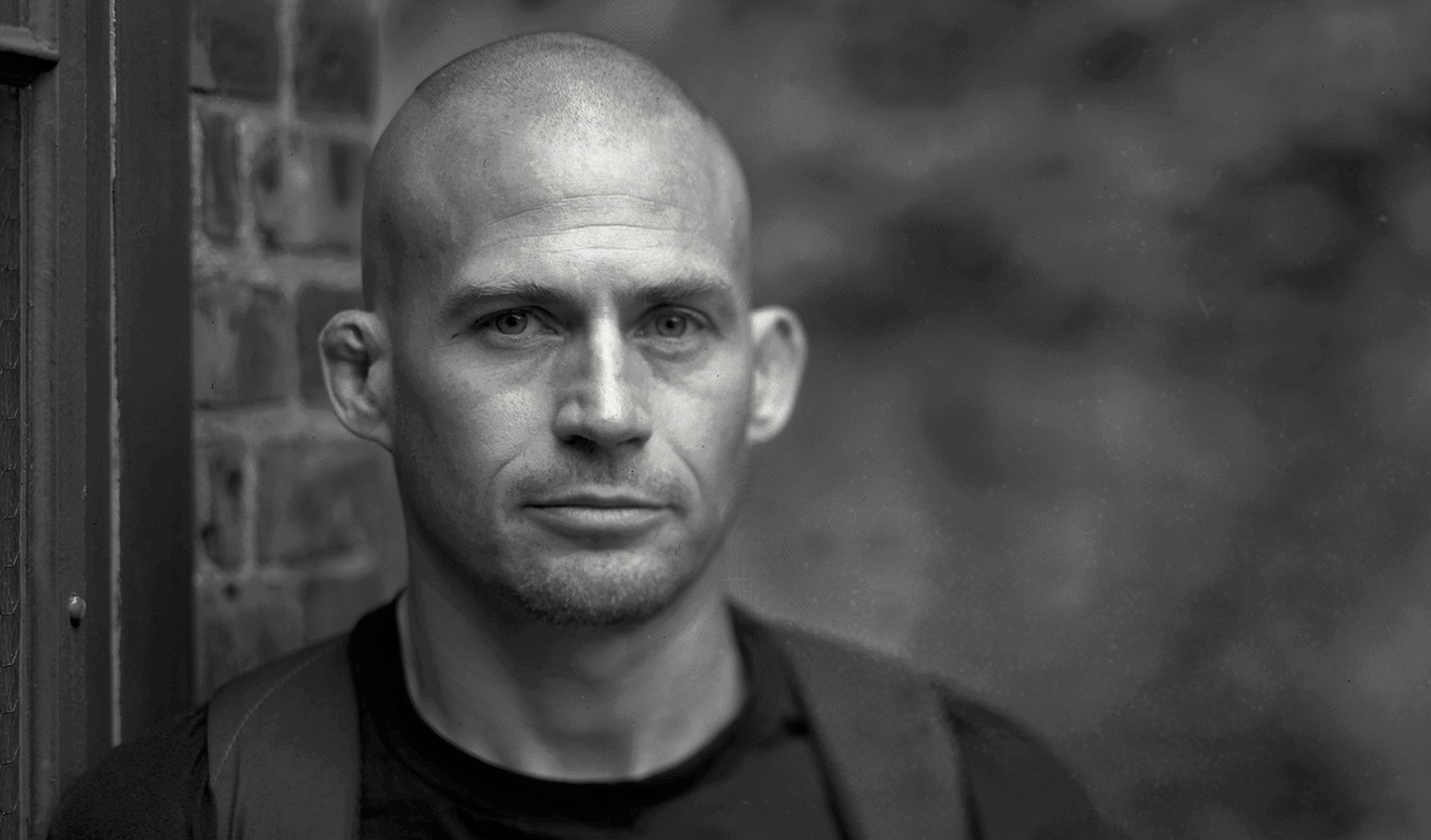
Uncontained City Uncontained City
The Third World collides with the First in Atticus Lish’s Preparation for the Next Life.
Oct 14, 2014 / Books & the Arts / Madison Smartt Bell

Gathering Fates Gathering Fates
For the German novelist Walter Kempowski, there was no single unifying experience of World War II.
Oct 7, 2014 / Books & the Arts / Michael Lipkin
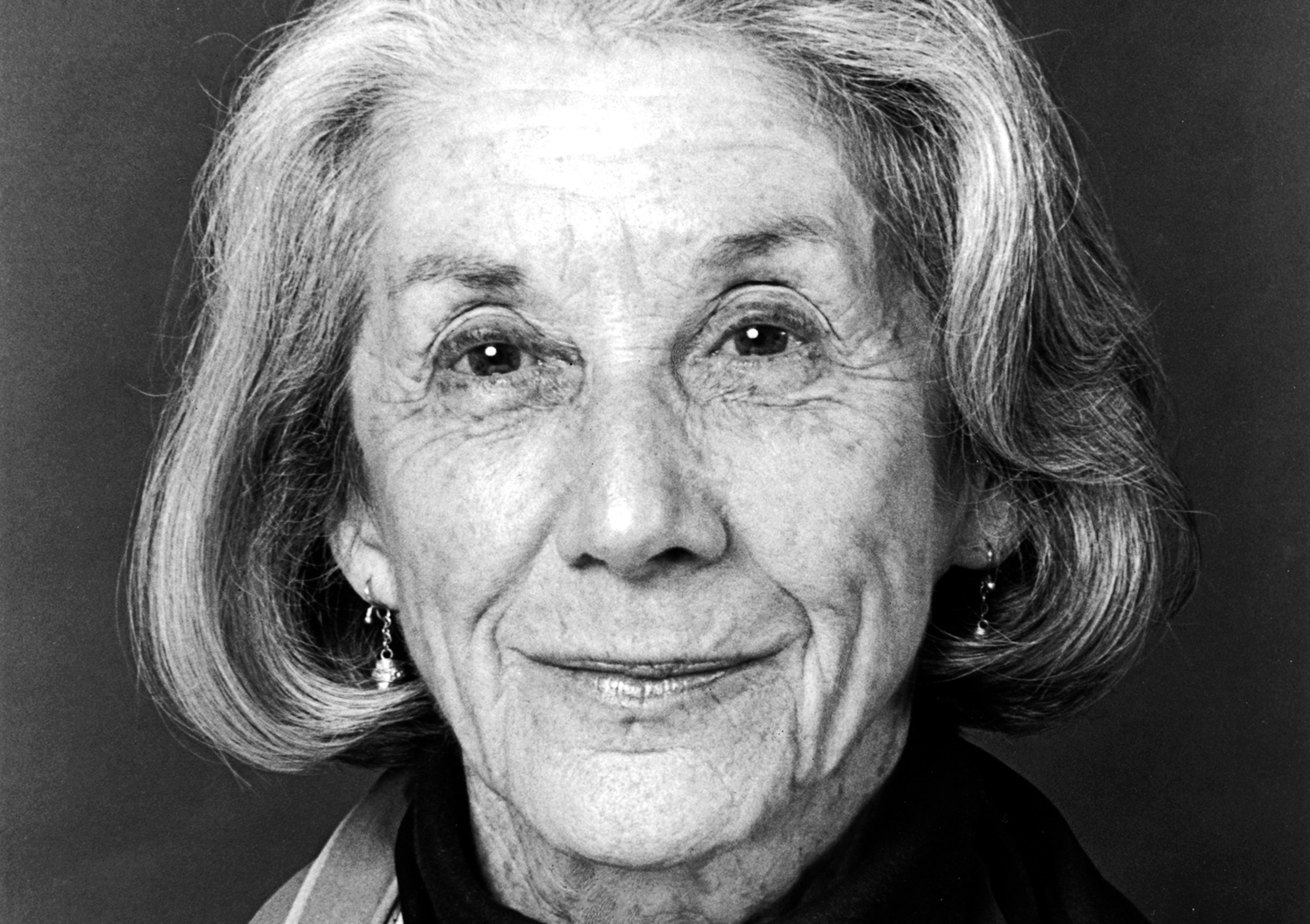
Gordimer’s Way Gordimer’s Way
The Nobel laureate’s short stories are her lasting legacy to the literary world.
Sep 16, 2014 / Books & the Arts / Tony Eprile
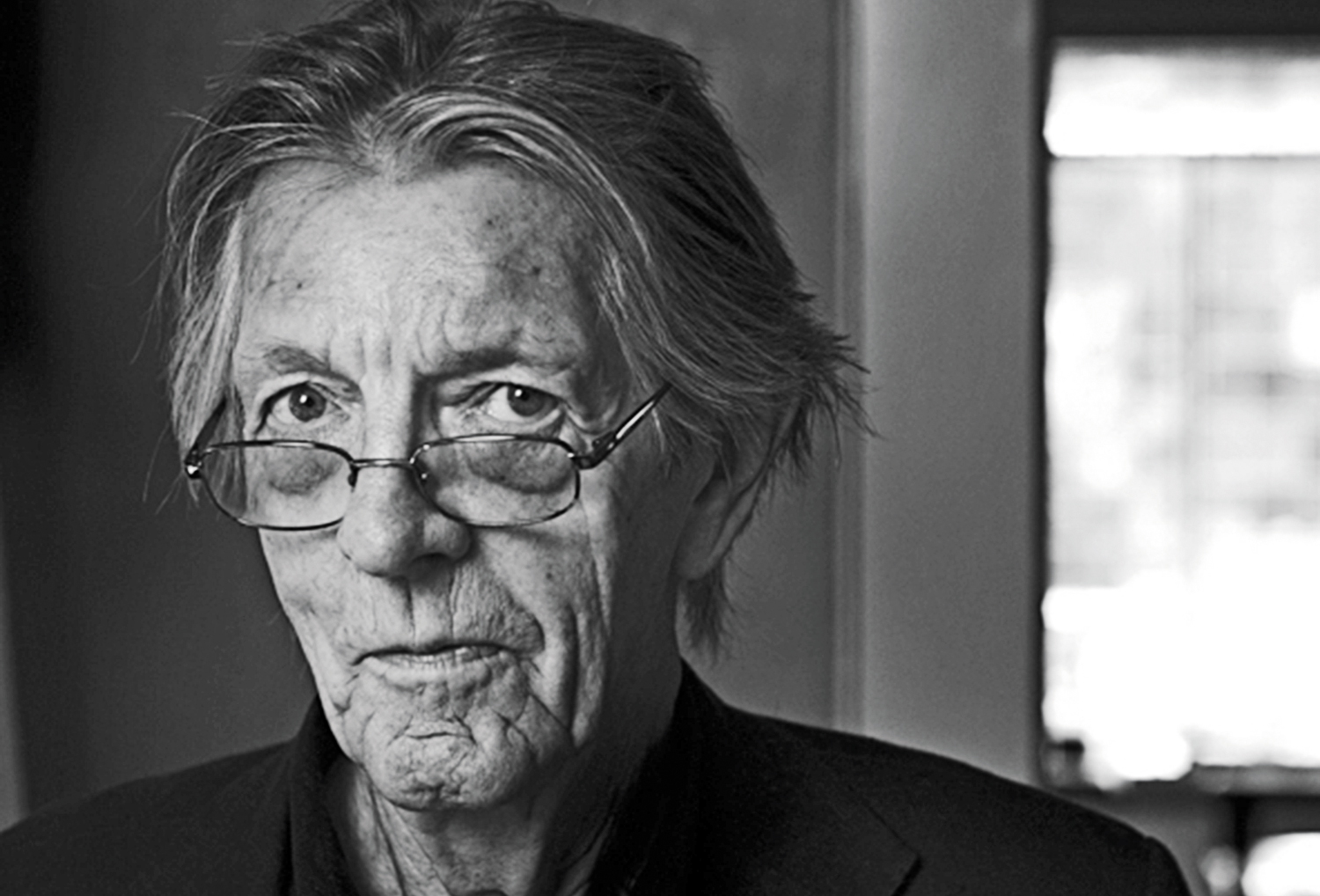
Ghosting Around Ghosting Around
In the stories of Kjell Askildsen, all that the men want is to be unseen.
Sep 16, 2014 / Books & the Arts / Aaron Thier

Shelf Life Shelf Life
Nadifa Mohamed’s The Orchard of Lost Souls is a haunting and powerful novel.
Jul 2, 2014 / Books & the Arts / Aaron Thier

Why Has ‘My Struggle’ Been Anointed a Literary Masterpiece? Why Has ‘My Struggle’ Been Anointed a Literary Masterpiece?
With its lack of art and absence of thought, the blockbuster Norwegian novel disappoints.
May 13, 2014 / Books & the Arts / William Deresiewicz
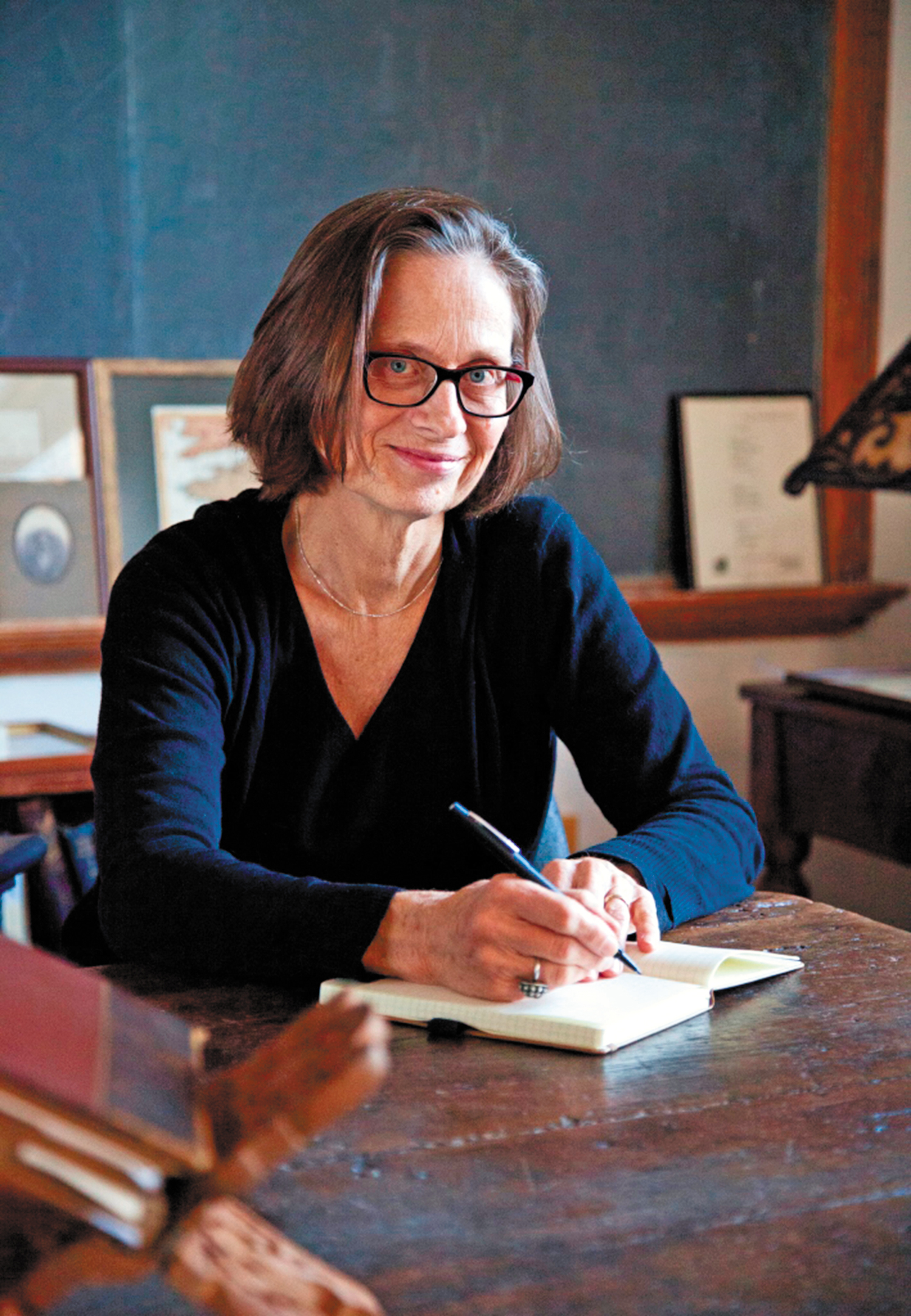
Nobody Else Sounds Like Lydia Davis Nobody Else Sounds Like Lydia Davis
Because nobody else thinks like her.
May 13, 2014 / Books & the Arts / Alexandra Schwartz
